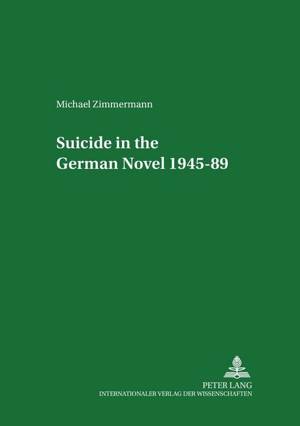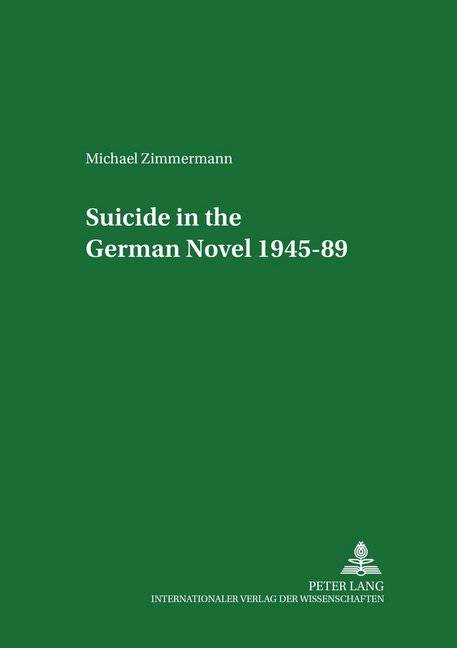
- Afhalen na 1 uur in een winkel met voorraad
- Gratis thuislevering in België vanaf € 30
- Ruim aanbod met 7 miljoen producten
- Afhalen na 1 uur in een winkel met voorraad
- Gratis thuislevering in België vanaf € 30
- Ruim aanbod met 7 miljoen producten
Zoeken
Omschrijving
The nearly fifty years between the end of World War II and the reunification of Germany represent a period of intense self-reflection for the German people. Emanating from the literature of this period are the motif of suicide and its ideation of self-destruction. An examination of the motif of suicide in novels from East and West reveals the depth of and reasons for the psychic turmoil. From the collective suicidal impulse of soldiers at Stalingrad to the individual alienation experienced in both the Federal Republic of Germany and the German Democratic Republic, the particular circumstances of suicide as depicted in each novel are uniquely German.
Specificaties
Betrokkenen
- Auteur(s):
- Uitgeverij:
Inhoud
- Aantal bladzijden:
- 190
- Taal:
- Engels
- Reeks:
- Reeksnummer:
- nr. 12
Eigenschappen
- Productcode (EAN):
- 9783631377482
- Verschijningsdatum:
- 18/07/2002
- Uitvoering:
- Paperback
- Formaat:
- Trade paperback (VS)
- Afmetingen:
- 148 mm x 210 mm
- Gewicht:
- 259 g

Alleen bij Standaard Boekhandel
+ 117 punten op je klantenkaart van Standaard Boekhandel
Beoordelingen
We publiceren alleen reviews die voldoen aan de voorwaarden voor reviews. Bekijk onze voorwaarden voor reviews.











